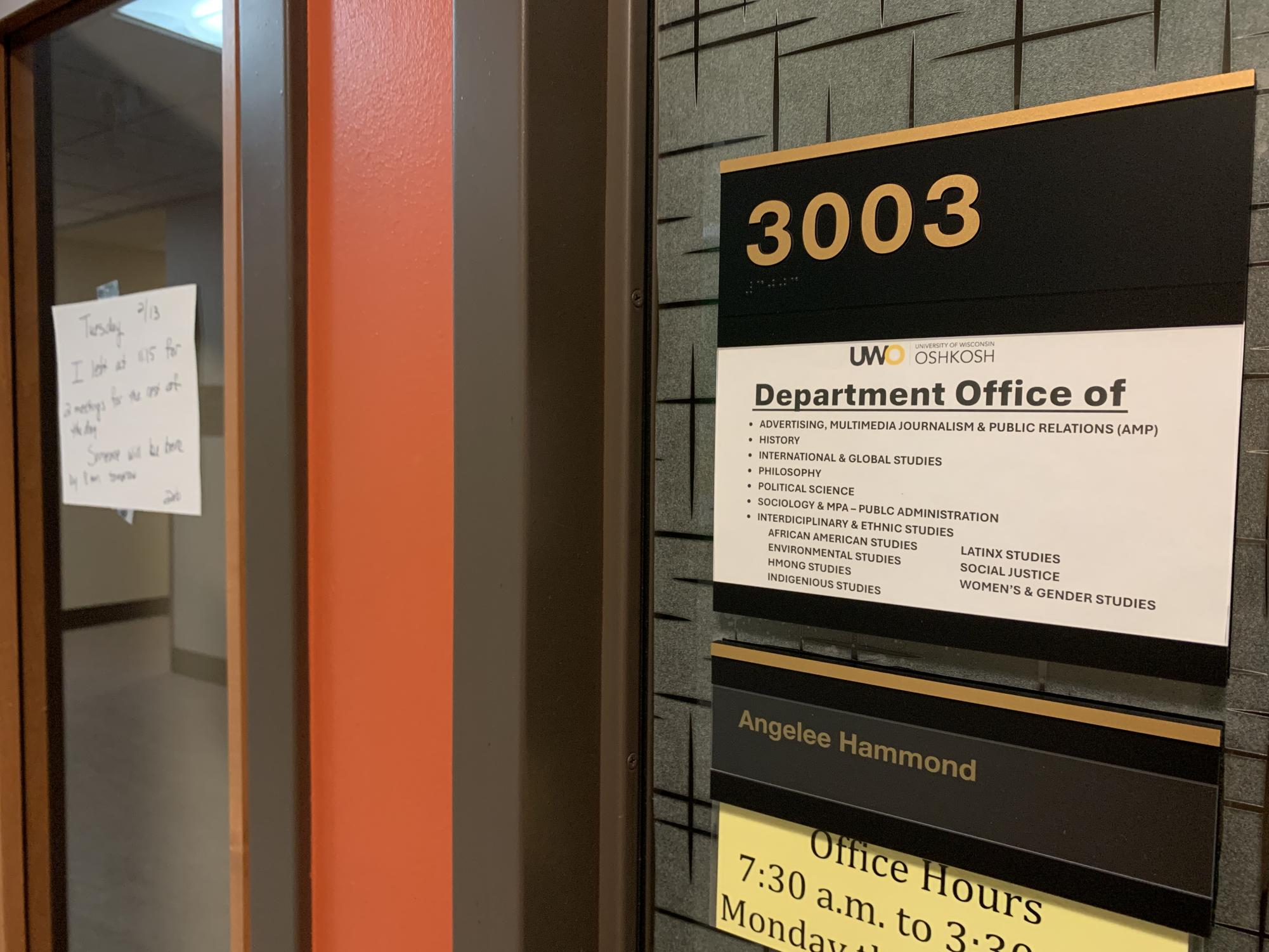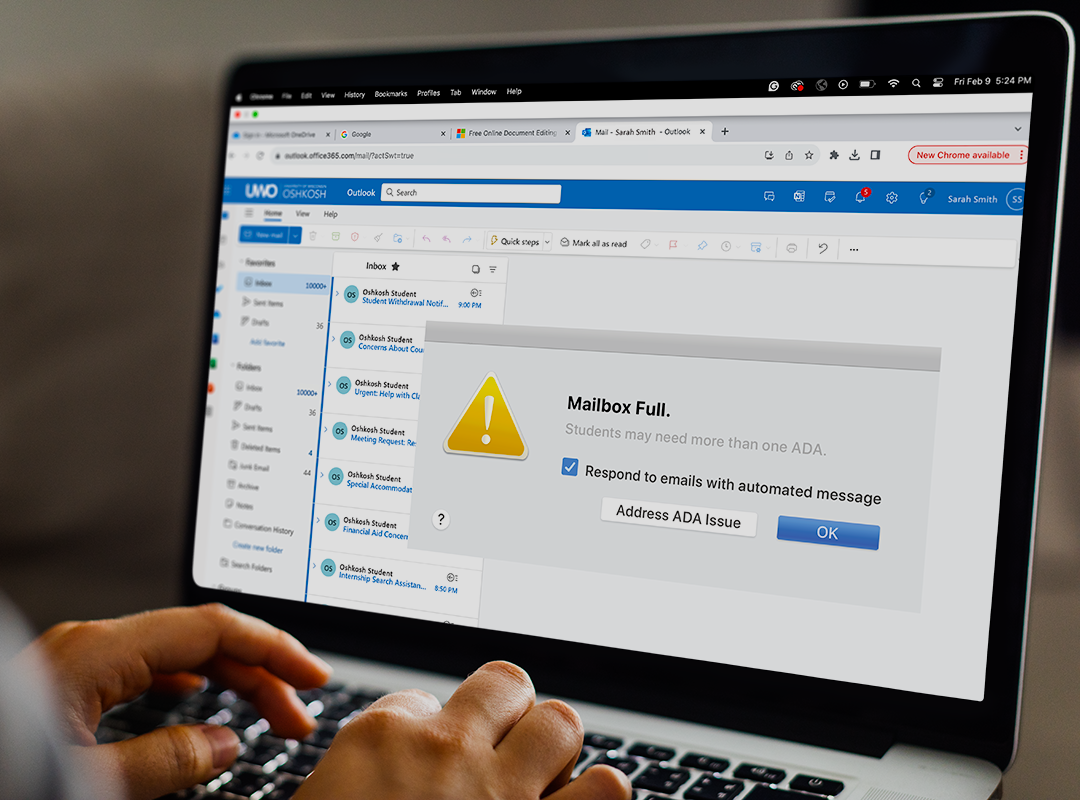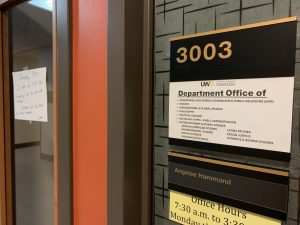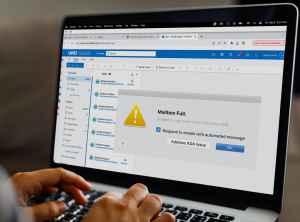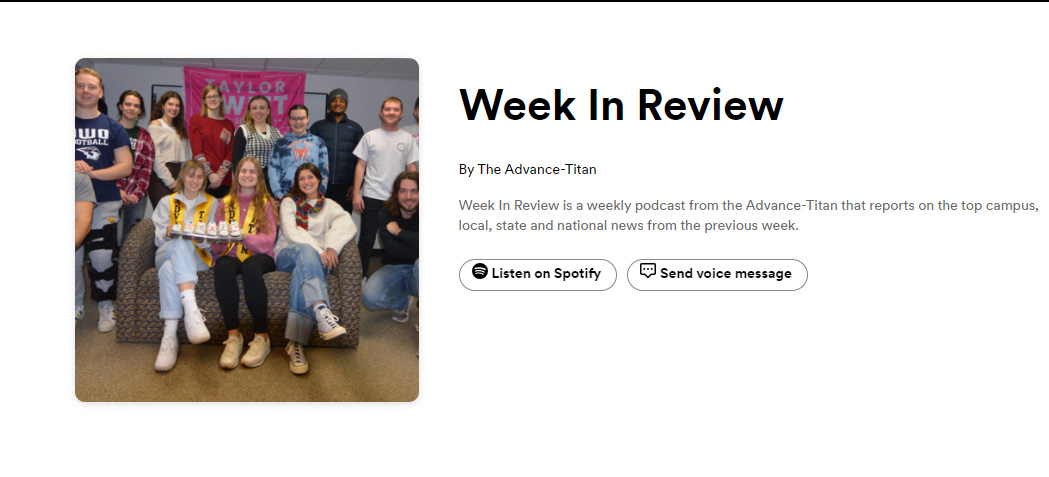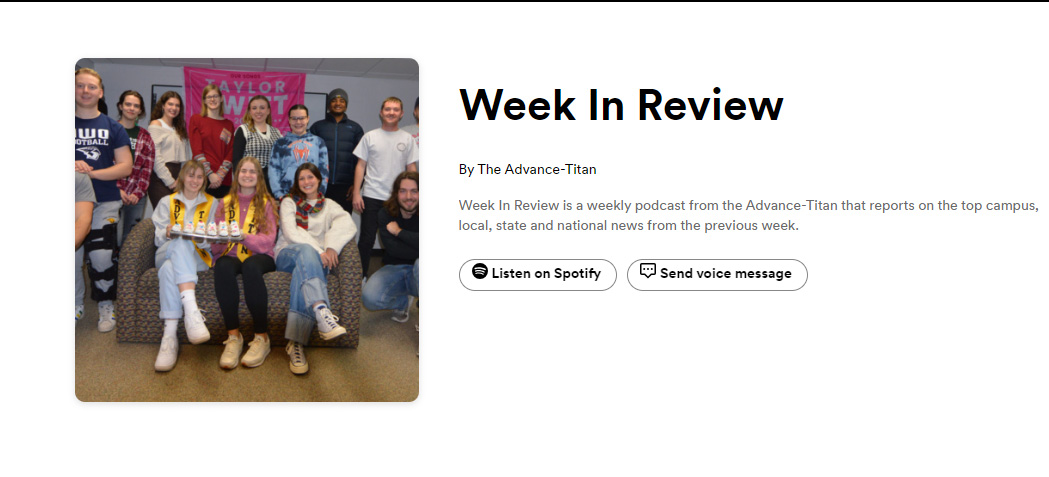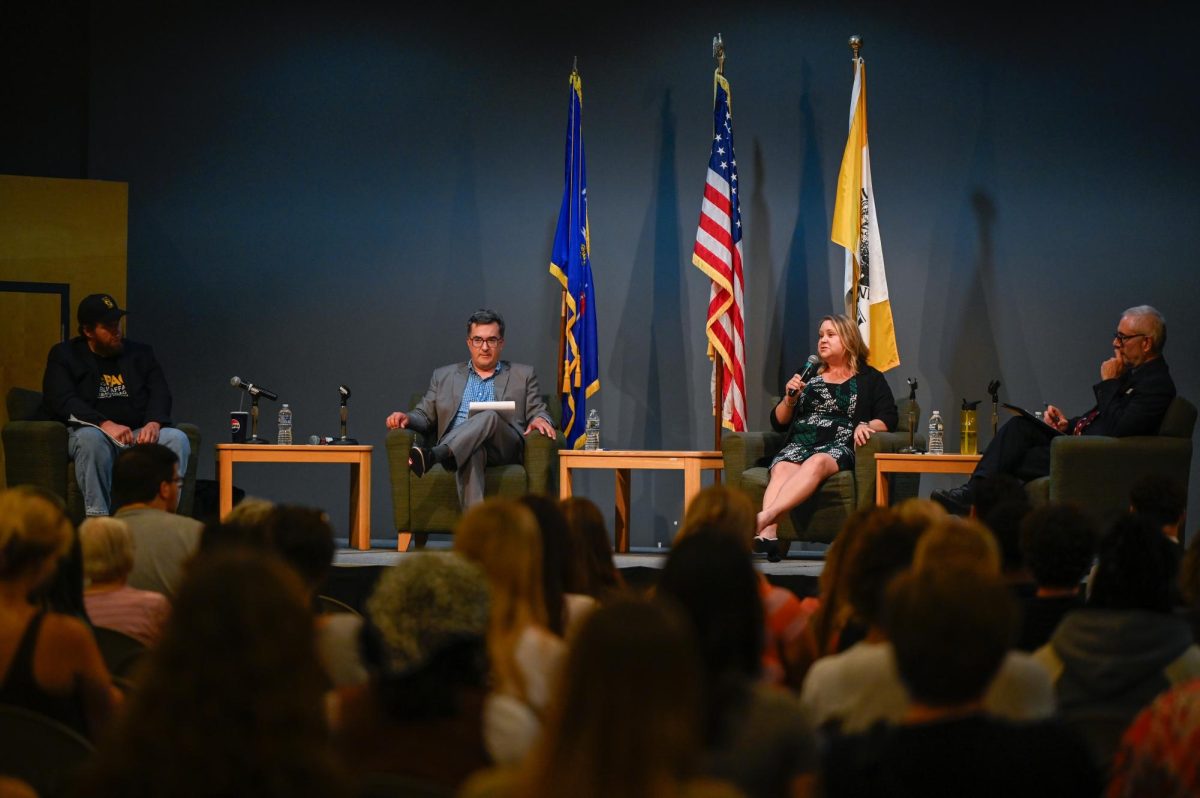Academic departments across UW Oshkosh are adjusting to the loss of their department associates (DAs), who were either laid off or who voluntarily retired as the university works to correct its budget deficit.
Before the retirements and layoffs, DAs were specifically assigned to departments at UWO to assist professors and students with a wide range of tasks.
However, after more than 200 university staff members retired or were laid off at the beginning of the semester, many professors and department chairs wondered how the DA role would be filled within their department. One such person was Tracy Slagter, the chair of the political science department.
“We are still figuring out how to cope without [our DA’s] constant presence in our department, as she worked for political science for 25 years — she is not just a colleague, but a friend to both faculty and our students,” she said.
Slagter and other political science professors have to take care of many administrative tasks themselves, such as running student reports and completing forms for grade changes. This change has slowed down the department, she said.
“Every day I find something new that I need to learn to do or take care of that [our DA] always did automatically,” she said. “As we learn how to do these things, I’m sure it will get easier, but it’s not the same.”
But losing department-specific DAs has other effects, too, Slagter said.
“If everyone in our department is teaching, there is no one around to greet or assist students, and that is definitely not what we are used to,” she said. “Our department prides itself on building relationships with our students, and [our DA] was always such a critical part of that mission.”
As many faculty within departments aren’t used to the new roles they’re stepping into, some things may go overlooked. Chemistry professor Kevin Crawford said that the chemistry department is still trying to adapt to these roles.
“During the first week of the semester the chemistry copier was out of toner and a new toner cartridge had not been ordered,” he said. “The chemistry department may be without a copier for up to a week. Our AD would have been monitoring that to ensure no interruption in service.”
But these changes may affect students, too. Mathematics department chair Linda Eroh said that she can no longer use department advising holds to ensure that math majors can see their advisors before registering for classes. She said that this may affect students’ ability to enroll in classes.
“Given that we also cannot offer low-enrolled classes, and so many of our upper-level classes are offered in rotation only once every two years, we are concerned that students may miss taking a class that they need and delay their graduation significantly,” she said.
DAs still do exist at UWO, though they’re not specifically assigned to a department. Instead, there’s a new model for how the process works, Dean of the College of Letters and Science Anne Stevens said.
Going forward, there will be a team of DAs who service multiple departments within an academic building. But this may pose unique challenges to the College of Letters and Science (COLS), Stevens said.
“The other colleges have most of their programs in one or two buildings, but (the COLS) is spread across nine buildings,” she said. “For smaller buildings like Swart, one DA now provides support for the entire building. In the larger buildings with larger numbers of programs and facilities we have a team.”
Because DAs now help multiple departments, Stevens said that their work is done much more collaboratively now.
“[The DAs] worked collectively on building the Fall 2024 schedule in Titan Web, working from a shared spreadsheet with everyone helping out where they could,” she said.
The DAs within the COLS also meet weekly with the college’s administrative office to share information and improve the new pooled model.
“We are working hard with the registrar’s office, purchasing and IT to find ways to simplify processes and find technology tools that can help save time,” she said. “For example, we are exploring having automated wait lists on classes in Titan Web, so that when a spot opens up the first student on the waitlist would get an automatic notification telling them they can enroll.”
This would be a large upgrade over the current system, she said, as DAs currently have to manually watch wait lists and contact students when spots open up.
But this pooled model does place more responsibility on the faculty within each department. Stevens said that DAs no longer perform tasks such as photocopying, taking minutes at department meetings and doing travel reimbursement for faculty.
This means that faculty and department chairs have had to take on more responsibilities themselves, and Stevens said that COLS has been training department chairs so that they know how to access class rosters and look up student records — tasks that were previously done by DAs.
The English department already experienced something similar to the pooled DA system when they shared a temporary DA with another department last semester. Department chair Samantha Looker-Koenigs said that the adjustment wasn’t easy at first.
“It was definitely a little bit tough to get used to the idea that we couldn’t do things immediately,” she said.
Looker-Koenigs said that, before her department’s DA retired in September, she was used to having quick and nearly instant communication with her. However, when her department began sharing a part-time DA, the immediacy disappeared.
“When you have a DA who … only worked a couple hours a day for English … I’d email her and she’d get to it the next day,” she said.
But Looker-Koenigs said that the process has already become more efficient this semester and that she’s confident in her and her colleagues’ ability to adapt.
“We’ll survive,” she said. “We can deliver.”


